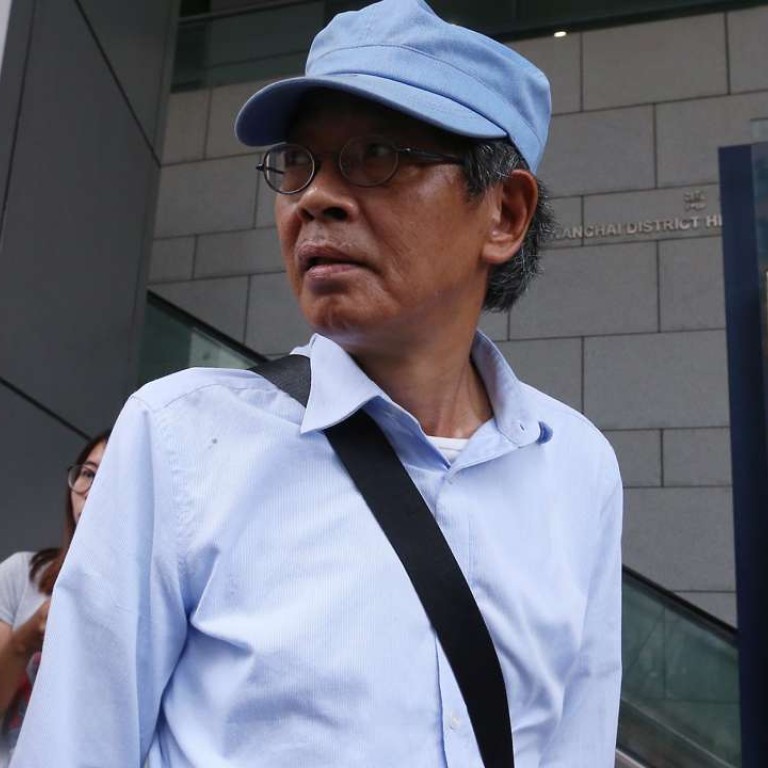
It is in all our interests that the notification system on detainees is strengthened
Talks to improve the current mechanism are a step in the right direction, as long as all issues of concern are put on the table
Concerns over the booksellers’ saga have finally been heeded, with Beijing inviting Hong Kong officials to visit the capital, during which the case of Lam Wing-kee will be addressed and the cross-border notification system on detainees reviewed. While the meeting may not necessarily answer all queries, it is nonetheless a positive step towards restoring public confidence.
Beijing’s swift response to the chief executive’s request for an overhaul of the system has been seen by some as a necessary step to take the heat off the annual July 1 march. On Friday, Lam and others are to lead the protest on a day that marks the city’s reunification with mainland China. Be that as it may, the arrangement for our officials to discuss issues of public concern face to face with the central government is to be welcomed.
We trust the issue of whether mainland authorities exercised enforcement powers here will not be swept under the carpet. Another question to be answered is why the notification system apparently failed in the case of Causeway Bay Books. Starting in October, five locals specialising in books banned on the mainland went missing one after another, but their detentions on the mainland were never reported to the Hong Kong authorities.
Established in 2001 following a series of high-profile detention cases, the mechanism stipulates that cases involving unnatural deaths and the imposition of criminal compulsory measures on residents from the other side of the border should be reported to counterparts as soon as practicable. There have been more than 12,000 notifications involving some 9,400 Hongkongers by the mainland, whereas some 36,000 cases involving 37,000 mainlanders have been reported from our side.
While the figures may give the impression that the mechanism is working well, the problem lies in cases that slip through the system. Currently, notification only applies to cases handled by public security, customs, state security and people’s procuratorates, raising questions over actions by other agencies. The absence of a specific time limit for reporting also leaves room for delay and non-compliance, as reflected in Lam’s case.
Under the principle of one country, two systems and mutual respect for the differences in the judicial systems between Hong Kong and the mainland, swift notification of detainees from the other side remains a key administrative safeguard for civil rights protection. There is no reason why it only covers certain law enforcement bodies. It is in Beijing’s interest to ensure that the system is adhered to by all authorities in a timely manner.

